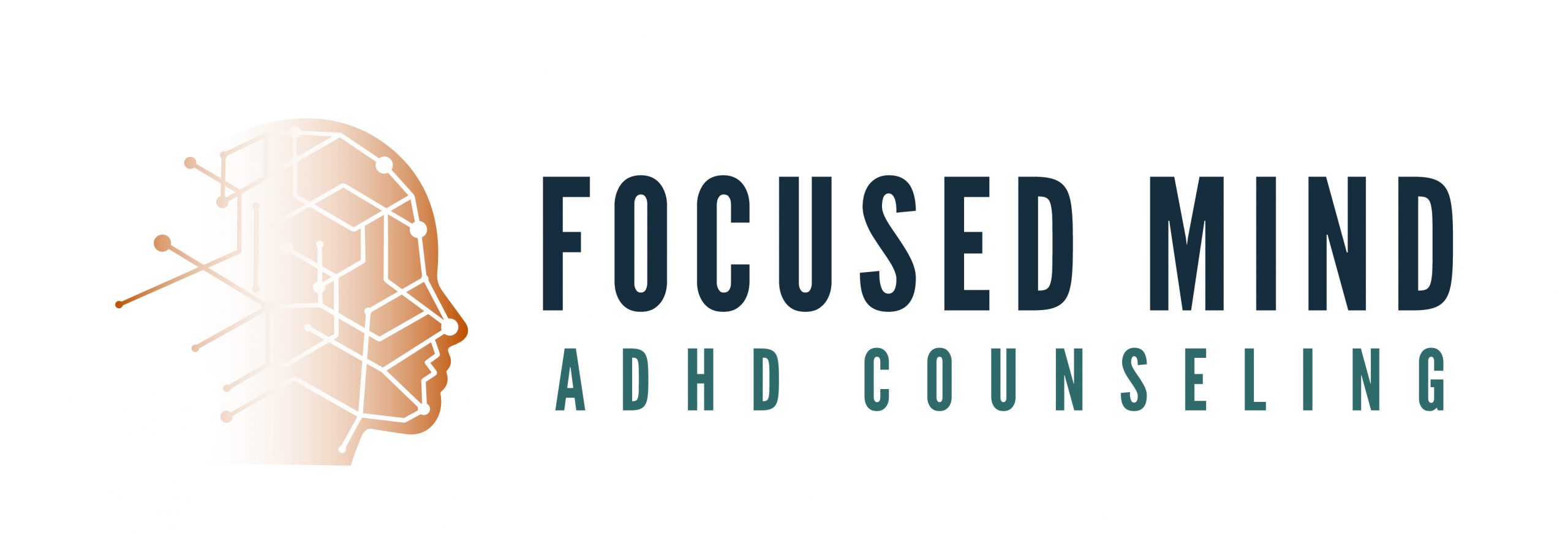
When Jack’s dad got a promotion, he bought him a shiny new blue bike. Jack, already struggling with undiagnosed Attention Deficit Hyperactivity Disorder (ADHD), couldn’t quite get the focus and balance at first—and his friend Ryan (“The Walking Trophy Case”) Thompson never let him forget it. After losing a race Ryan dared him to, something snapped in Jack. The lost bike race became a symbol of every time Jack felt behind or not good enough.
He just couldn’t keep losing. So, he practiced. And eventually…he started winning.
Years later, Jack became the director of operations at a bike company. His ADHD still made him procrastinate, mismanage his time, and struggle with massive swings in motivation. On the outside, he worked overtime to appear put together, trying to live up to the ideal of a high performer with ADHD. But on the inside? Jack was scattered, burned out, and worried.
When would they figure it out? 😬 When would someone see past the title and the overworking and recognize the truth? That he was still the distracted kid from Columbus, Ohio—hustling hard so no one noticed he was swapping effort for a lack of talent.
ADHD + Anxiety = A Feedback Loop
ADHD and anxiety have a circular relationship. While ADHD can cause procrastination, forgetfulness, and overwhelm, anxiety (due to the fear of failure) kicks in and shuts down focus even more. The result? You’re logging longer hours and answering emails at 10 p.m., but still feeling like you’re falling behind.
Fear can become a stand-in for focus. Because the ADHD brain struggles with internal motivation, it often relies on urgency or strong emotions to get things done. Over time, fear becomes a coping skill—a motivator when motivation fails. But is it helping? Or is it quietly hurting you?
Are You Proving or Producing?
If you’re overcommitting, checking and re-checking your work, or working late just to feel “caught up,” you may be stuck in a cycle of performance anxiety. This isn’t high performance—it’s emotional exhaustion.
The ADHD brain often burns bright and burns out. That energy spike might help you sprint, but it rarely sustains a marathon. And while the hustle might feel productive, it’s often fueled by fear, not effectiveness.
How to Be a More Effective High Performer with ADHD
Effective high performers value time more than anything else. But ADHD makes time slippery; it can feel like nonstop fires to put out. The key is to work smarter, not just harder:
- Prioritize tasks that actually move the needle—not just what’s loud or urgent.
- Automate or delegate low-value busywork whenever possible.
- Clarify your key outcomes: What does success really look like in your role?
 Stop Proving. Start Believing.
Stop Proving. Start Believing.
Let’s be honest: your struggle isn’t just about productivity—it’s about identity. ADHD and imposter syndrome go together like spreadsheets and neurotypicals. People with ADHD often struggle with an intense fear of rejection called Rejection Sensitive Dysphoria. Add it all up and deep down, you may still feel like that kid on the bike, trying to prove you belong.
But your value isn’t based on how much you hustle. It’s not about being perfect. It’s about being real—and showing up, consistently, as you are.
Rewriting the Story: Self-Worth Strategies
- Be mindful of overcommitting. You don’t need to “make up” for ADHD.
- Keep a win journal. Track your accomplishments, no matter how small.
- Let your work be seen. Don’t let fear keep you hiding the things you’ve worked hard on.
Key Takeaways
- Fear can drive productivity—but it often sabotages true success.
- ADHD brains may rely on urgency, but urgency isn’t sustainable.
- Prioritize high-impact work and set limits on time-wasting habits.
- Your self-worth isn’t tied to effort. Boundaries + belief in yourself = high performance and sanity.
Begin Adult ADHD Treatment in Columbus, Ohio
Looking for more individualized support? You don’t have to feel so behind. ADHD-focused therapy can help you unlock your potential. Our counseling practice in Columbus, Ohio has caring therapists who specialize in ADHD testing and ADHD treatment. To start your counseling journey with Focused Mind ADHD Counseling, follow these simple steps:
- Fill out the contact form to schedule a free 15-minute phone
- Meet with one of our caring therapists.
- Stop feeling behind. Start owning your worth and increasing productivity (you can have both).
Other ADHD Services Offered at Focused Mind ADHD Counseling
Adult ADHD treatment is not the only service we offer at our Columbus, OH counseling practice.At Focused Mind ADHD Counseling, we offer a variety of mental health services, including ADHD testing. As an adult with ADHD, we know you may also benefit from anxiety treatment for ADHD, counseling for men with ADHD, couples therapy for ADHD, or depression counseling for ADHD. You can also view our blog for more resources and helpful info.


